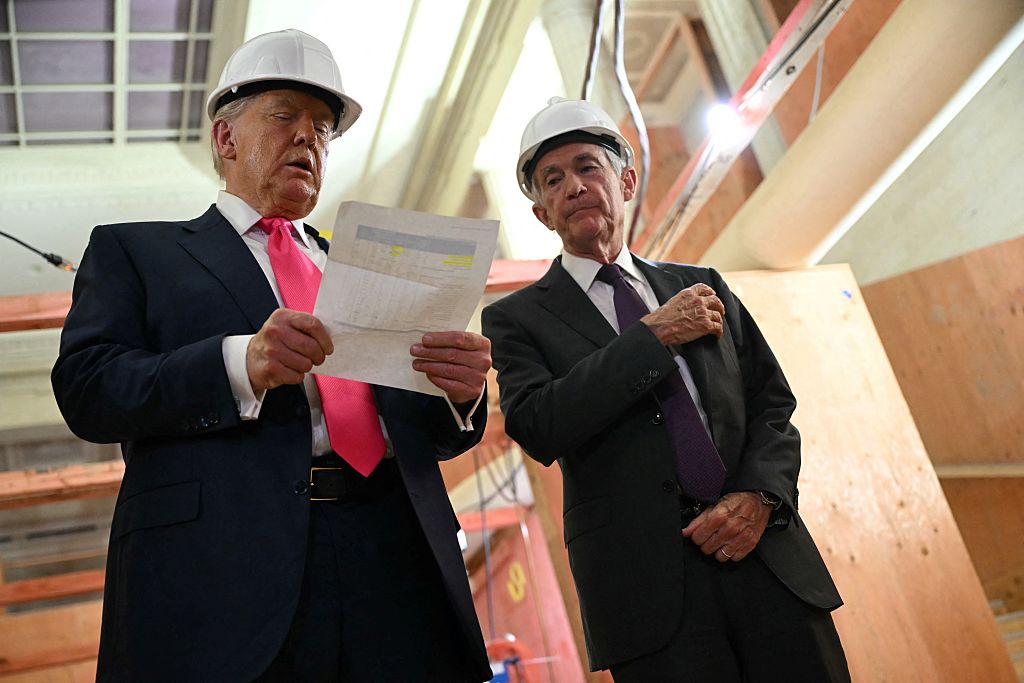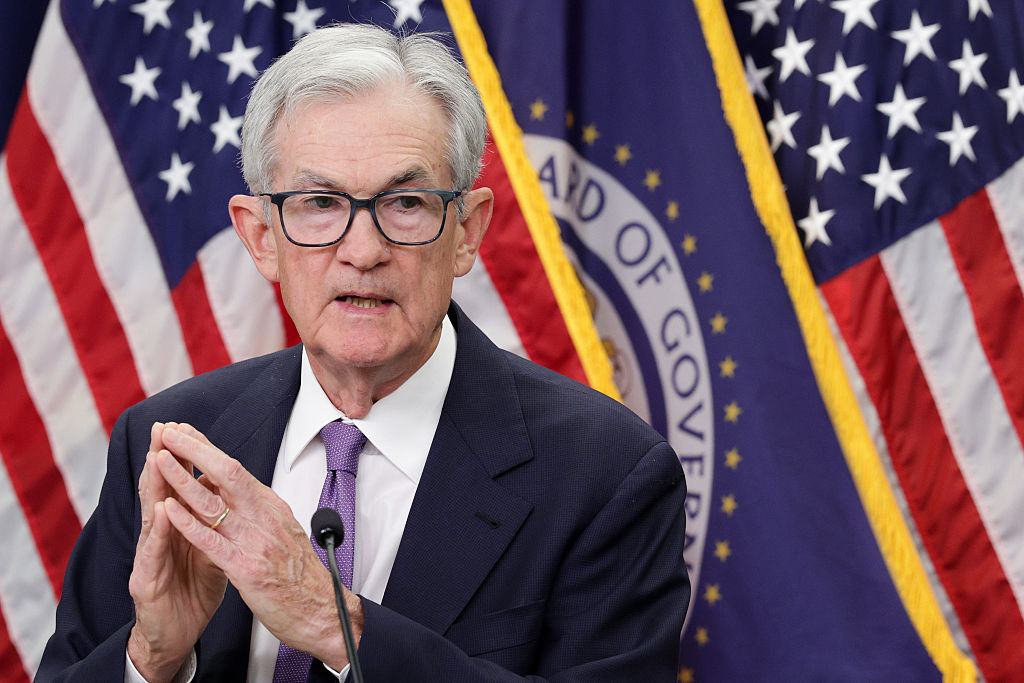What will happen to mortgage interest rates after the next Fed meeting?
The Federal Reserve is set to meet in just a few weeks on October 31 and November 1, and potential homebuyers may end up pretty spooked when all is said and done. Over the past 18 months, the Fed has made a series of interest rate hikes in an attempt to combat rising inflation. While the Fed does not directly control mortgage rates, when the Fed increases its benchmark rate, there is generally a corresponding increase to rates across the financial sector, including mortgage rates.
Though recent inflation rates have slowed from their peaks in 2022, the year-over-year inflation rate for September 2023 was 3.7%. That's a far cry from the 2% the Fed is aiming for. This could mean that the Fed will institute another rate hike at the upcoming meeting, but it's not guaranteed. And, either way, it could have a big impact on those who are looking to buy a home.
Start your hunt for a mortgage online today.
What will happen if the Fed raises rates?
The Fed may choose to raise rates as part of its continued effort to bring the inflation rate down. The rate that is actually being raised here is the federal funds rate — which is the rate that banks charge each other when they lend money to one another.
This will not directly raise the mortgage rates you might get when shopping for a loan to buy a house. Lenders set these rates directly, and a number of factors go into how they determine them. But the Fed's rates are one of them. Another is the demand on the market for mortgage-backed securities. When there is high demand for these products, lenders are able to offer lower rates to borrowers.
Still, if the Fed does raise interest rates, you can probably bet on mortgage rates going up overall. In 2020 — when the Fed drastically lowered interest rates in response to the COVID-19 pandemic — the average mortgage rate was 3.10%, according to data from The Mortgage Reports. At the end of September 2023, after the run of rate hikes performed by the Fed, the average rate was 7.55%.
While correlation is not direct causation, it stands to reason that another rate hike could very well bring about higher mortgage rates for many potential homeowners.
Get started shopping for a mortgage online right now.
What will happen if the Fed doesn't change rates?
While it seems very likely that the Fed will raise rates, there is a chance that it may choose not to this time around. The group didn't raise rates in September and could make that same decision again.
If this happens, you'll likely see mortgage rates stay about the same for the next few months. Again, though, it's important to remember that mortgage rates are not directly set by the Fed, so rates could end up going up or down a bit if the Fed makes no move, but will likely stay in the same general range.
What happens if the Fed lowers rates?
First things first — it is highly unlikely that the Fed will lower rates. Until inflation is brought under control, rates will likely stay high.
On the off chance that the Fed does lower rates, though, mortgage rates will likely go down overall, with the caveat that, once again, the Fed does not directly set mortgage rates.
How to find a good mortgage rate
If you're shopping for a mortgage, there are a number of things you can do to get the best rate possible, no matter what happens with the Fed. Here are a few things to consider:
Improve your credit score
This is the lynchpin of getting a good mortgage rate. If your credit score is high, mortgage lenders think there is a better chance of you paying them back on time and in full, so you will get a much lower rate.
Shop around
There are a lot of mortgage lenders out there. If you do your due diligence and shop around, you'll find the best deal available. You may even be able to play lenders off each other to get a better deal.
Refinance your loan
If you already have a mortgage, you can consider refinancing when rates are better. If you want to buy a house now even though rates are high, you can refinance in a few years when the economic climate is more favorable to borrowers.
Look for a mortgage online today.
The bottom line
The Federal Reserve will be meeting in a few weeks to make a decision about interest rates. While the Fed doesn't set mortgage rates directly, there will likely be an impact on borrowers depending on the choice they make. So, it could make sense to lock in a rate now, before the Fed makes any move to the benchmark rate, which would then have an impact on mortgage rates.






